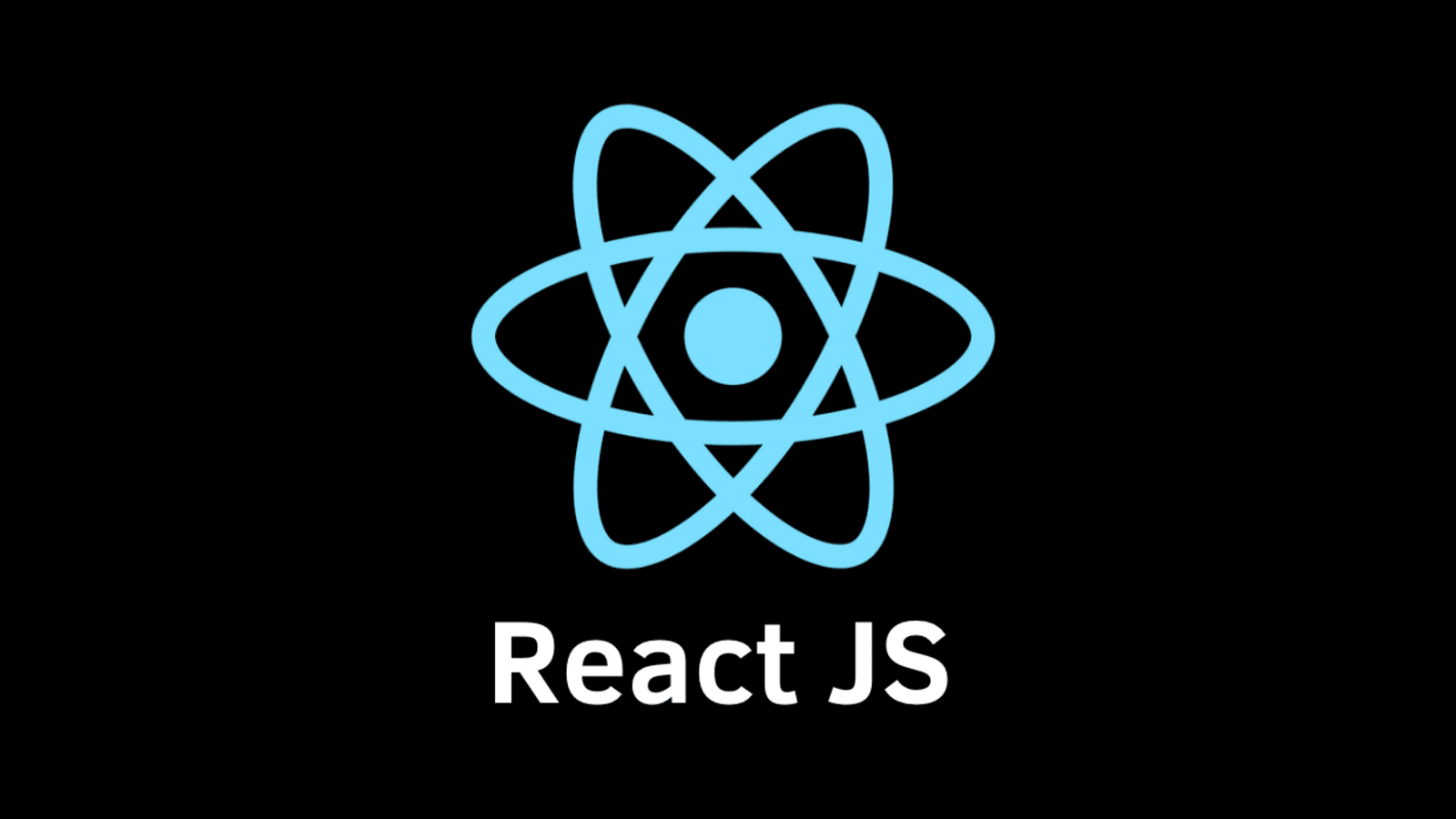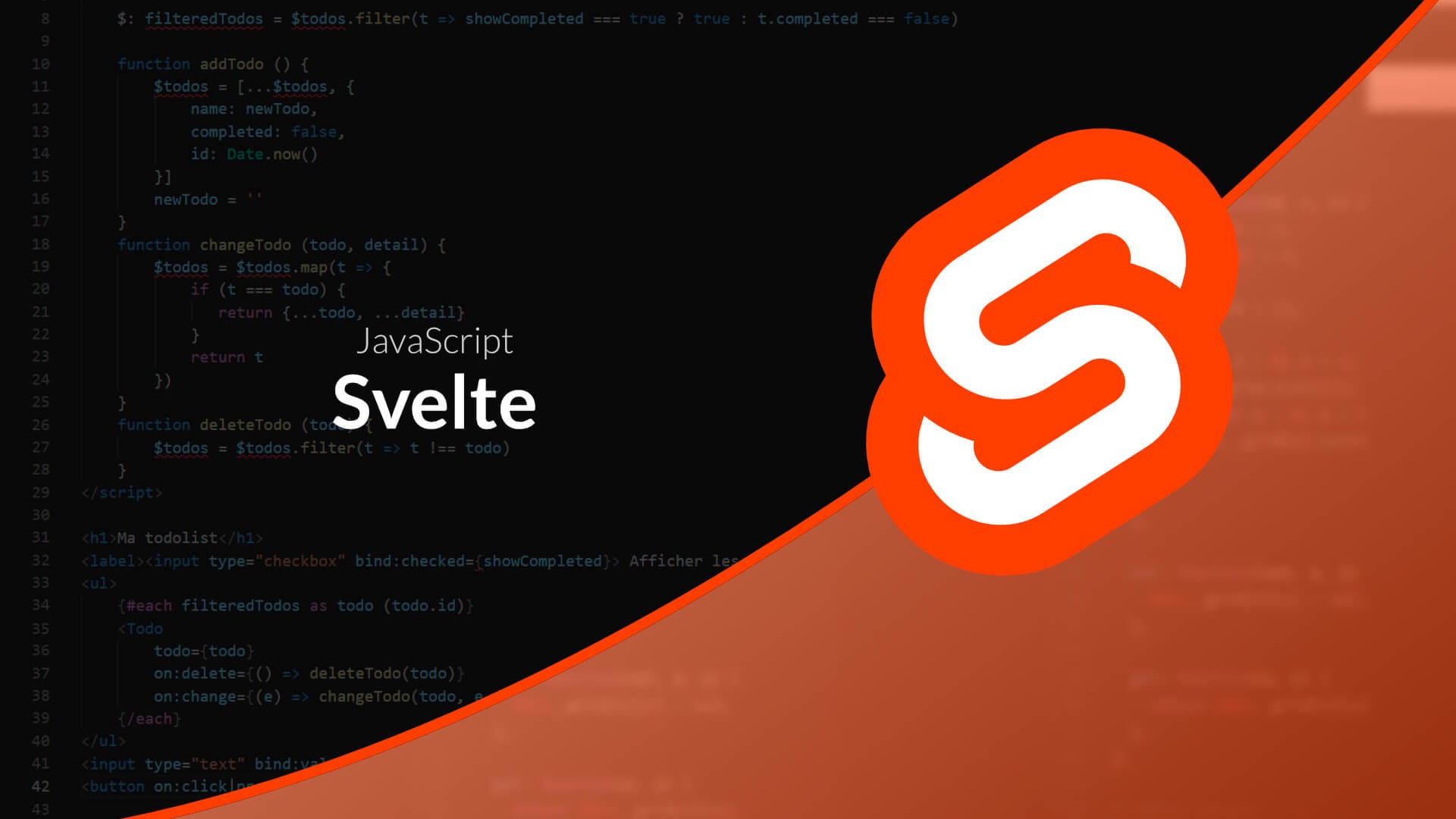0
During my time as a programmer, I've had the opportunity to come across many technologies that have helped me in some way with my productivity. And today I want to give you a short review of some frameworks that can increase your productivity. Let me know in the comments if I've left any unmentioned.
---
## React

**Description**: If you've got your eye on Facebook or Instagram, chances are you're looking at React. It's a popular way of creating websites and applications, where you can break down your user interface into small pieces called components.
**Pros**: Many people love React for its speed. It makes things happen quickly, which is great when you're creating complex applications. It's also nice because there are lots of people out there using it, so if you get stuck, there are lots of people to ask for help.
**Cons**: At first, it can be a little difficult to understand how it works. And you can't just use React to build an app - you usually need to pick up a few other things to make it complete.
---
## Vue

**Description**: Imagine Vue.js as the all-inclusive vacation package of JavaScript frameworks. It's easy to pick up and use, so if you're new to it, it's a good choice. Plus, it's quite flexible, so if you want to start small and add things gradually, you can do that.
**Pros**: Many people love Vue.js because it's easy to learn and you can start seeing results quickly. And because it's flexible, you don't have to change everything if you decide to do something differently later.
**Cons**: You may not find as many people using Vue.js as React, so it can be a little harder to find help when you need it.
---
## Angular

**Description**: Angular is one of the veterans of front-end frameworks. It is powerful and has many integrated tools. If you're building something big and complicated, Angular could be a good choice.
**Pros**: If you like having lots of tools at your disposal, Angular is for you. It has lots of things built in, which can save you time and effort.
**Cons**: But all this can make it a bit complicated for beginners. They also often change things, so you need to keep an eye out for updates.
---
## Svelte

**Description**: Svelte is like a new neighbor on the block. It arrived recently, but is attracting attention with its different way of doing things. Unlike other frameworks that do the work in the browser, Svelte does most of the work during compilation, which makes it very fast.
**Pros**: If you like things fast and clean, Svelte is a great choice. It creates applications that are small and fast, which is great for users.
**Cons**: But because it's new, it can be harder to find help when you get stuck. And not everyone is using it yet, so it might not be the best choice if you work in a team that already has your favorite tools.
---
## Ember

**Description**: Ember.js is like the cool teacher at school - he has a plan and you're going to follow it. It comes with a lot of rules and conventions, which can be good if you like to have everything organized from the start.
**Pros**: If you like to have everything organized and follow a plan, Ember.js is perfect for you. It has a lot of integrated tools and a strong community, so there's a lot of help out there.
**Cons**: But if you like to do things your way, you might find Ember.js a bit restrictive. And it can be a bit tricky at first, as there are a lot of rules to learn.



Great, another (probably AI generated) review of shit we already know. Thanks, click-bait man, but no thanks.